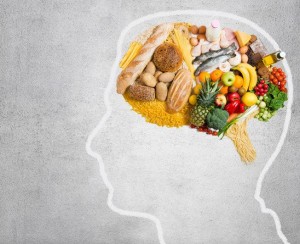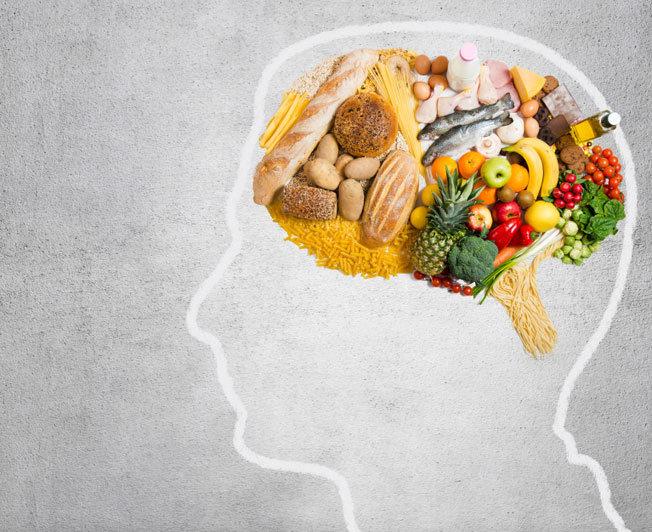
By Rachel Smith
Every day during U-Hour, students make their way towards the University Student Union and are offered a variety of food options.
The human act of consuming food is one of our most basic instincts, but food choices have an effect on brain chemistry.
According to Professor Gary Wenk Ph.D., at Ohio State University, “almost everything you choose to consume,” from coffee to meats, “can directly or indirectly affect the brain”.
Foods that positively affect our brain function, over a long term period, contain high levels of anti-oxidants, such as fruits, vegetables, fish and olive oils.
Anti-oxidants are connected to extended life spans. They combat the negative effects of oxygen and its correlation with aging. While foods consisting of high levels of carbohydrates have a high-glycemic index. This system measures the effects on blood sugar, as the body uses the sugars from your food for fuel.
When this process does not “work right, you feel hungry even when you’re physically not,”, according to Caroline Cederquist, M.D., a nutritionist and a medical director for Bistro MD, an online diet delivery program.
The ‘Paleo’ Diet is a term coined by anthropologists Eaton and Konner in 1985 in regards to the Paleolithic era. Up until ten thousand years ago, according to a study done in 2009, Homo Sapiens primarily ate grass-fed animal-source foods and uncultivated plants, in this case mostly fruits, vegetables, and nuts — not legumes. But after agricultural cultivation and animal domestication took place, the rapid development of technology left little time for evolution to ‘redesign our metabolic structures’ in order to keep up with the dietary changes.
Interestingly enough, because our brain is made of sixty percent fat, it needs food that is high in fatty acid to provide what it needs for optimum health.
“Therefore,” according to David Perlmutter MD, the author of Grain Brain, “the more fat and cholesterol you eat, the healthier your brain will be,” and the less likely it will develop future disorders, like Alzheimer’s.
Though, of course, the types of fats that should be consumed are Omega-3 fatty acids as they “are great for mental clarity, concentration and focus”, says Teresa Aubele, Ph. D., of Psychology Today, but foods with saturated fats should be limited. HDL, or the good cholesterol, when at higher levels, has its benefits as well as it is directly tied to memory in old age. Higher levels of HDL cholesterol has proven to reduce the risks of Alzheimer’s. Even further, studies have shown that going back to a traditional diet that is, eating unprocessed and locally grown foods rather than ‘refined’ foods that are potentially higher in saturated fats and simple sugars, can result in a lower risk in certain cancers, diabetes and cardiovascular issues that had previously been practically nonexistent.
Though human beings cannot fully go back to the traditional diets once obtained through hunter-gatherer methods, knowing what we eat and how it affects us in the long term is highly influential on our brains.


